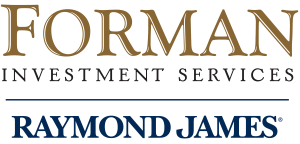In this month’s edition of Wrigley’s Write Up, we are going to discuss how you decide what kind of contributions to make to your retirement accounts. This applies to different types of retirement accounts, whether it be through an employer or IRA accounts that you manage yourself.
The focus is still on Roth or Traditional contributions, so to begin, it must be clarified that not all employer plans allow you to make Roth contributions. So, if you are thinking about doing that through your employer, the first thing to do would be to check to see if it is a possibility or not.
These accounts have various eligibility rules based on income and contribution limits that could affect your choice, but doing some basic tax planning will bring you to a reasonable conclusion.
How do I choose an IRA if I qualify for both accounts?
A general guideline is often that if you think your tax bracket will be higher when you retire than it is today, you may want to consider a Roth IRA—especially if you’re younger and have yet to reach your peak earning years.
On the other hand, if you think you’ll be in a lower tax bracket when you retire, a traditional IRA could make more sense to take the current tax benefits when you’re in a relatively high tax bracket and take withdrawals when you’re potentially in a lower bracket.
The Bottom Line
Both Traditional and Roth IRAs are great long-term savings tools and by educating yourself on them and discussing with your financial advisor and tax professional could go a long way in making the right choices.
Contributions to a traditional IRA may be tax-deductible depending on the taxpayer’s income, tax-filing status, and other factors. Withdrawal of pre-tax contributions and/or earnings will be subject to ordinary income tax and, if taken prior to age 59 1/2, may be subject to a 10% federal tax penalty. Like Traditional IRAs, contribution limits apply to Roth IRAs. In addition, with a Roth IRA, your allowable contribution may be reduced or eliminated if your annual income exceeds certain limits. Contributions to a Roth IRA are never tax deductible, but if certain conditions are met, distributions will be completely income tax free. Unless certain criteria are met, Roth IRA owners must be 59½ or older and have held the IRA for five years before tax-free withdrawals are permitted. Additionally, each converted amount may be subject to its own five-year holding period. Converting a traditional IRA into a Roth IRA has tax implications. Investors should consult a tax advisor before deciding to do a conversion. IRA tax deductibility and contribution eligibility may be restricted if your income exceeds certain limits, please consult with a financial professional for more information. The foregoing information has been obtained from sources considered to be reliable, but we do not guarantee that it is accurate or complete, it is not a statement of all available data necessary for making an investment decision, and it does not constitute a recommendation. Any opinions are those of Forman Investment Services and not necessarily those of Raymond James.
CSP# 384779
About Forman Investment Services

If you are not familiar with us, Forman Investment Services is an independent practice located in Columbus, Indiana focusing on Family Wealth Management and generational planning. We serve clients not just locally, but across the country and globe. In today’s day and age, especially after experiencing COVID, we are very comfortable communicating from any distance whether it be in person, a Zoom call, or by phone. We confidently adapt to our clients lives and unique relationship in the style of communication and complexity.
Our planning encompasses much more than choosing investments, as we must consider tax/estate planning, education funding, insurance, retirement planning, and so much more. We work with a select group of clients who value time, family, and recreation, and need today’s investment, tax, and estate planning complexities coordinated for them. We also provide one-time plans to those that are not in need of an ongoing advisor relationship yet to help get you on the right track.
Reach out to us for an introduction if you are interested in learning more!
Any opinions are those of Forman Investment Services and not necessarily those of Raymond James. Investing involves risk and you may incur a profit or loss regardless of strategy selected. Raymond James and its advisors do not offer tax or legal advice. You should discuss any tax or legal matters with the appropriate professional. Prior to making an investment decision, please consult with your financial advisor about your individual situation.


 Raymond James financial advisors may only conduct business with residents of the states and/or jurisdictions for which they are properly registered. Therefore, a response to a request for information may be delayed. Please note that not all of the investments and services mentioned are available in every state. Investors outside of the United States are subject to securities and tax regulations within their applicable jurisdictions that are not addressed on this site. Contact your local Raymond James office for information and availability.
Raymond James financial advisors may only conduct business with residents of the states and/or jurisdictions for which they are properly registered. Therefore, a response to a request for information may be delayed. Please note that not all of the investments and services mentioned are available in every state. Investors outside of the United States are subject to securities and tax regulations within their applicable jurisdictions that are not addressed on this site. Contact your local Raymond James office for information and availability.